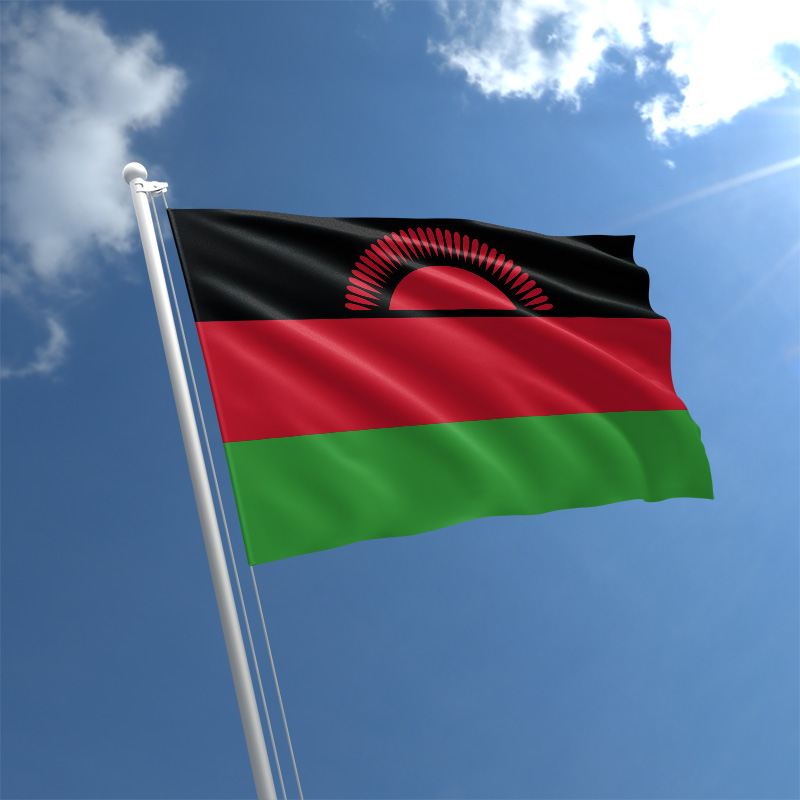
An opinion poll released this week by the Institute of Public Opinion and Research (Ipor) signals a competitive race ahead of Malawi’s September 16 general election, with former president Peter Mutharika leading but yet to secure the critical 50-percent-plus-one vote threshold.
The pre-election survey, conducted between July 6 and 20 among over 2,600 adults across 27 districts, reveals that Mutharika’s Democratic Progressive Party (DPP) commands 43 percent of voter support.
Incumbent President Lazarus Chakwera of the Malawi Congress Party (MCP) trails at 26 percent, while other contenders such as UTM Party’s Dalitso Kabambe and United Democratic Front’s Atupele Muluzi register 5 and 2 percent respectively. The survey also highlights a significant 12 percent of voters remaining undecided.
Speaking on the survey’s implications, elections and governance expert Augustine Magolowondo described it as an opportunity for candidates to recalibrate their campaigns. “In the context we are in, political actors need to listen closely to this public mood. This research, controversial or not, gives them a clear set of issues that voters are demanding answers to,” he said.
Magolowondo added that public opinion remains fluid in the weeks leading to the election. “If candidates are swift and serious in responding to what matters to voters such as jobs, food security, corruption then yes, they can still influence the outcome.”
Ipor’s director of training and research, Professor Michael Chasukwa, emphasised the survey’s indication that Malawian voters are increasingly focused on issue-based politics rather than traditional regional or identity loyalties. He noted, “What is most striking is Peter Mutharika’s strong showing among young voters, with 50 percent of those aged 18 to 35 saying they support him. This suggests that concerns about his age may not be translating into lost support among the youth.”
The poll also paints a challenging picture of Malawi’s economic climate, with 87 percent of respondents rating the situation as poor and 76 percent reporting a worsening economy over the past year. Despite this, the Tonse Alliance government scored relatively well on health services (58 percent), water and sanitation (56 percent), and education (51 percent), but was rated poorly on job creation, cost of living, and anti-corruption efforts.
Confidence in the Malawi Electoral Commission (MEC) remains relatively high, with 76 percent of respondents expressing trust. However, only 31 percent believe the upcoming elections will be completely free and fair, while 33 percent expect minor irregularities.
The survey was released as political parties gear up for the election campaign, with DPP spokesperson Shadric Namalomba expressing optimism. “The party was especially encouraged by Mutharika’s lead among young voters and viewed the 12 percent undecided bloc as an opportunity to push for an outright win,” he said.
Meanwhile, UTM Party spokesperson Felix Njawala welcomed the survey as a useful tool for strategic planning but acknowledged the evolving nature of the political landscape. “The campaign environment is fluid and full of possibilities,” he said.
As Malawi approaches a crucial electoral milestone, the findings suggest a keenly contested vote shaped more by pressing national issues than by entrenched political loyalties, with the potential for shifts still open in the weeks ahead.



